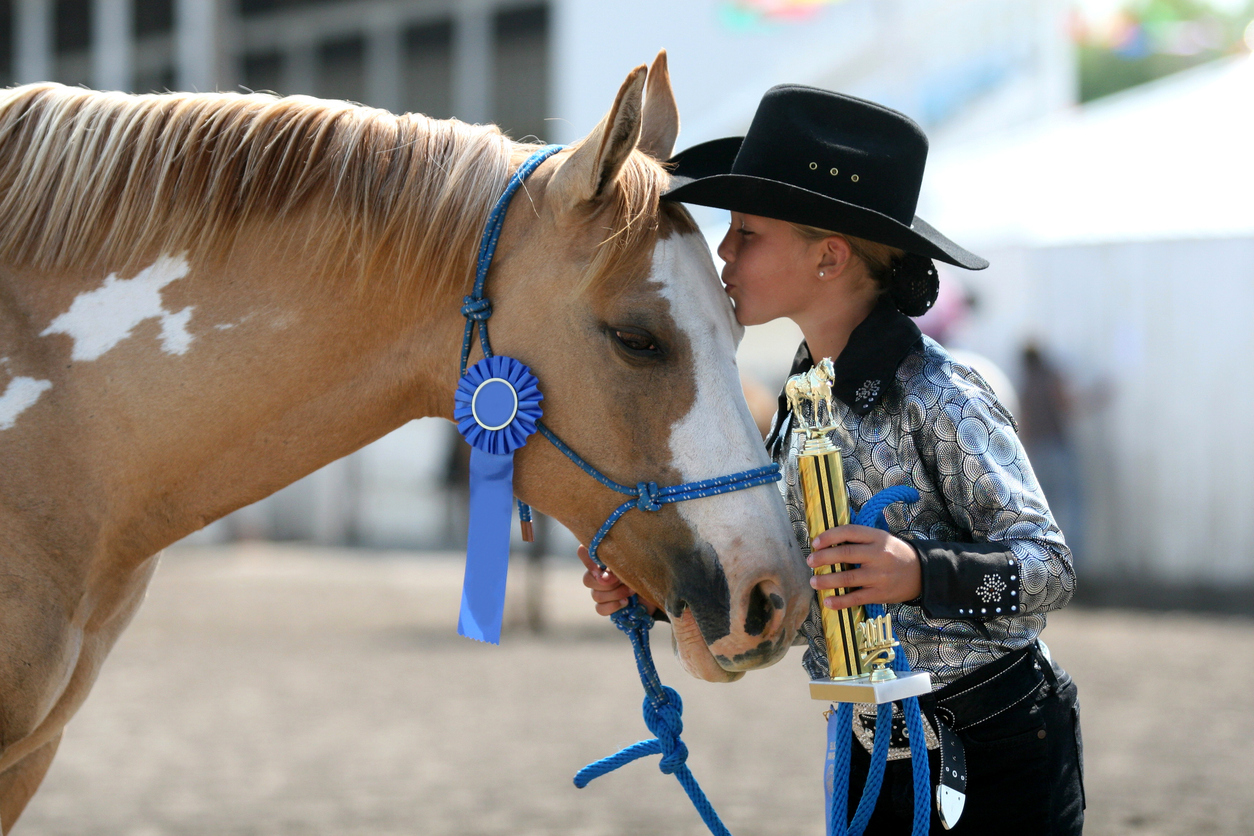American Horse Council formally requests USDA delay new HPA regulations

American Horse Council’s President Julie Broadway said her organization had formally requested on Jan. 10 the U.S. Department of Agriculture’s Animal and Plant Health Inspection Service delay the implementation of the revised Horse Protection Act regulations for 60 days.
“The AHC finds the agency is not ready to implement and/or enforce the revised regulation in a fair and consistent manner,” Broadway said in a news release.
The regulation is currently scheduled for implementation on Feb. 1.
“It is unfortunate that we must ask for this 60-day delay,” she said. “The AHC and its member organizations have long supported the development and implementation of strong regulations to protect the health and welfare of horses that are vulnerable to the illegal practice of soring. We stand firmly in that position.”
Formal consultations with USDA-AHPIS began in May 2024, and through recent correspondence on Jan. 3, Broadway and AHC remain convinced that “clarity, accessibility, resources, guidance, and training—all the elements required for a successful implementation of the revised regulation—are lacking in the agency.”
“The process of the regulation’s implementation falls short of what the equine industry very much needs and deserves from the USDA-APHIS,” she said.
According to the news release, to date, the USDA-APHIS has still not addressed big-picture, fundamental concerns on how the regulation applies to certain disciplines, or how event managers will submit the required notifications and reports, and it has not disclosed details on the availability and training of inspectors.
“Inspector training needs to be institutionalized with comprehensive and well-structured training materials to ensure staff interpretations of the regulation are guided by clear definitions and standard operating procedures, removing subjectivity and providing continuity of enforcement standards and procedures,” she said. “We are especially concerned with the seemingly substitute of “hands-on” training to online instruction.”
AHC still has many unanswered questions and feels as though the equine community is attempting to “figure it out on our own.”
Broadway hopes by setting clearer guidelines, publishing understandable and accessible guidance documents, and offering informational briefings, the USDA-APHIS can empower the industry with the tools it needs for compliance and a sense of confidence.
“Instead, we are currently navigating an environment where the lack of clear information presents opportunities for individuals and organizations to purposely take advantage of the weaknesses of a vague and complex implementation process to potentially undermine the regulation and its foundational law,” Broadway said.
The AHC is in full support of the protections afforded by the HPA. The AHC is committed to working with the agency to improve the implementation of this regulation to address specific cases of soring. In that spirit, we recommend the USDA-APHIS do the following to:
• Postpone enforcement of the regulation EXCEPT for the provisions banning devices on Tennessee walking horses and racking horses. These breeds, which historically have been subjected to soring, are the focal point of the regulation. The prohibited action devices, artificial extension of toe length, pads, wedges, and lubricants on the limbs or feet of Tennessee walking horses and racking horses (with exceptions for approved therapeutic uses of artificial extension of toe length, pads, wedges, and substances) have direct consequences for the health and welfare of these breeds.
• Encourage voluntary compliance with the other provisions of the regulation to allow for a test run for data collection, training, and communication.
• Organize additional meetings for public engagement, such as webinars with sufficient time for questions and answers, videos on the inspection process, and workshops.
• Consult with breed and discipline organizations to develop a thorough understanding of the events that the agency intends to cover.
• Publish a robust and timely FAQ resource.
• Create an online reporting portal.
“The AHC has a long and successful history of working with the equine industry and amateur community on the implementation of numerous regulations,” she said. “Typically, the biggest challenge is educating those who are wholly unfamiliar with their new compliance obligations. We are committed to similarly educating the agency and working toward a desired outcome.”
The American Horse Council is a U.S. advocacy organization based in Washington, D.C., that represents individual members, small businesses, and more than 130 equine organizations before Congress and the federal regulatory agencies. AHC member organizations include breed registries, national and state equine associations, state horse councils, recreational associations, and organizations representing racetracks, equestrians, horse shows, veterinarians, farriers, rodeos, and other equine-related stakeholders.
For more information about the AHC visit horsecouncil.org.


